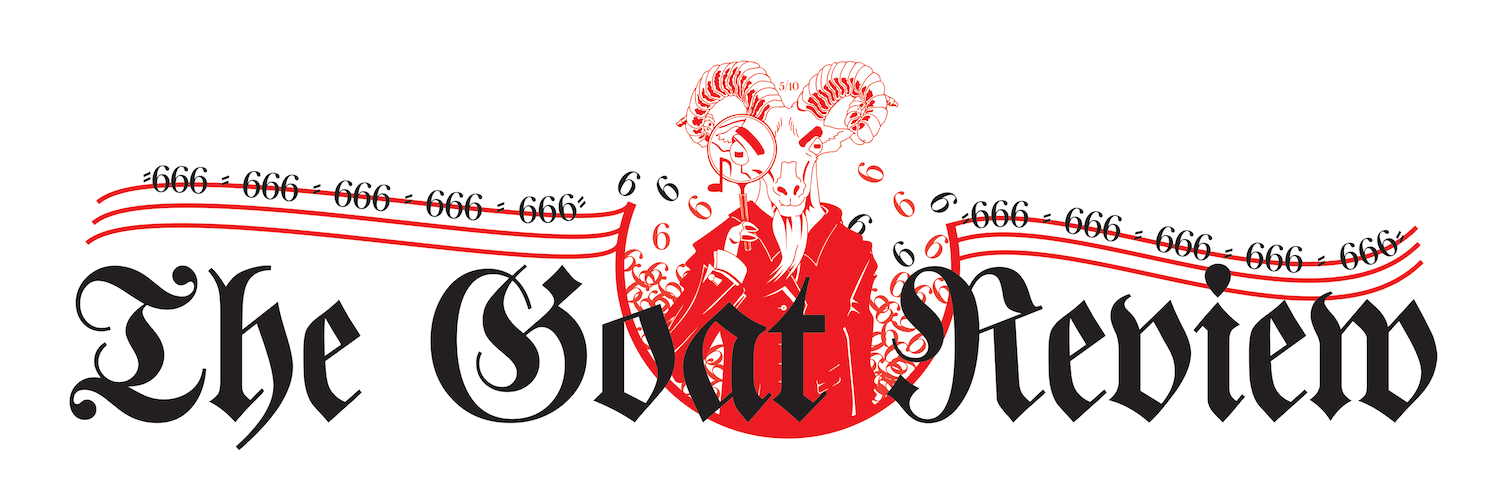
In Vain have always been a strange band. The degree to how extreme their blackened death metal outbursts can be is something that goes above the usual melodeath market, and they have always been interesting for this reason. 2013’s Ænigma is a personal favorite of mine, as this is where In Vain perfected and pulled me along with their melodic-extreme dynamic that uses long and surprisingly heavy songs and folk-influenced vocal hooks. As interesting their flawed other experiments have been (the blues influence on Mantra comes to mind), you can always expect to hear something creative and enjoyable. Such too is the case with Solemn.
2024 sees In Vain returning after an extended break of six years, sounding as tight as a band as they’ve ever been. The saxophone that haunted Ænigma is still here, and used to great effect in Solemn‘s highlights “Eternal Waves” and “Season of Unrest”. These songs are perfect examples of what In Vain‘s proven ability to shift dynamics between approachable and extreme while maintaining a tether on melodic direction. The heavier sections throughout Solemn see In Vain maintaining creativity with intricate chords that turn naturally with the changes of songs’ directions.

Not all is well on Solemn, however. “Where the Winds Meet” sports an alternative rock feel with a chorus that could have been patched in from an Anathema song. “Beyond the Pale” has a rap-like cadence near its end, and “Blood Makes the Grass Grow” sees Sindre Nedland trying out some elongated words in the vein of Einar Solberg‘s (Leprous) distinct style. These moments are not particularly bad, but they often appear in spots where they to be unnatural in execution. Adding to this uneasy fit, the vocal hooks are not particularly strong and have a tendency to shift the mood of a song into something completely different. Shifting the mood is not by itself a flaw, but In Vain‘s previous album, Currents, already did these more dramatic swings better. Solemn is also the band’s second longest album, and that weight exaggerates this issue further, especially in more standard In Vain cuts like “Shadows Flap their Black Wings” and “At the Going Down of the Sun” — these songs feel scattered in attack.
Solemn contains many strong ideas, but this lack of editing awareness and swing-and-miss with quality transitions robs many songs of impact. Despite these gripes I find myself wanting to enjoy Solemn for its best qualities and novel moments, even if In Vain‘s songwriting has seen better days. Time will tell if I feel it worth sifting through Solemn‘s rags to uncover all its riches.
